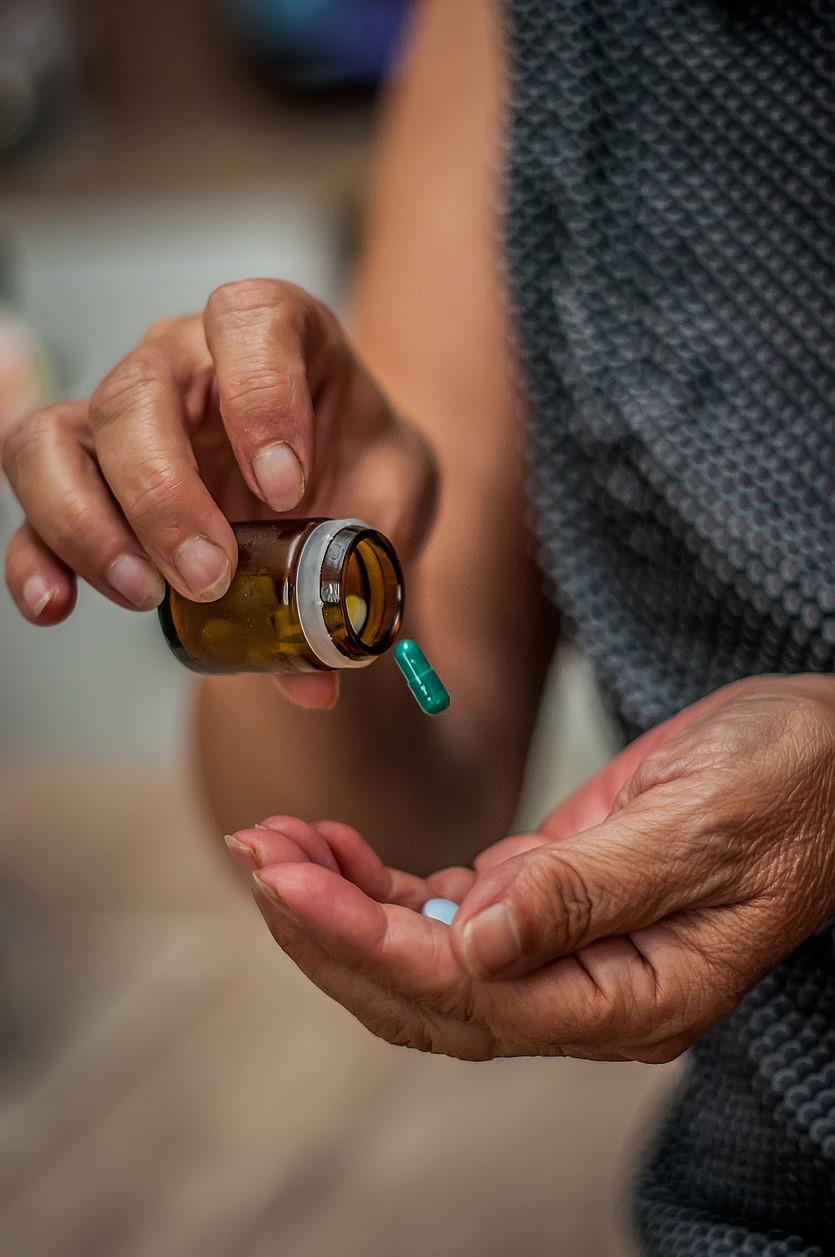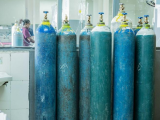A new Brookings proposal outlines potential US policies to address the country's persistent generic-drug shortages.
In the proposal, Marta Wosinska, PhD, and Richard Frank, PhD, fellows at the University of Southern California-Brookings Schaeffer Initiative for Health Policy, said generic sterile injectable (GSI) drugs are a staple of hospital care. "Shortages of GSI drugs can have substantial adverse impacts through treatment delays, the use of inferior alternatives, and an increased risk of medication errors," they wrote.
Price pressures, lack of oversight
Market dynamics, the authors said, are the root of these shortages, but hospitals choose drugs mainly based on price, because they can't directly observe drug quality and don't shoulder the full burden of the resulting patient harm.
"Price pressures, coupled with FDA's [Food and Drug Administration's] inability to enforce strictly manufacturing quality standards, reduce a manufacturer's commitment to good manufacturing practices," Wosinska and Frank wrote. "When manufacturing quality problems are uncovered, often after FDA inspections, recalls and production stoppages can lead to shortages."
In addition, the FDA regulates drug production but can't ensure that all approved products are made to exact specifications, and the agency often permits continued production at noncompliant plants to prevent shortages. Insufficient FDA oversight and price pressures "create a dynamic for manufacturers where there is little economic incentive to upgrade facilities, but strong incentive to overuse existing equipment and to skimp on proper staffing and oversight," they wrote.
And if the FDA uncovers problems with systems or drug lots, pharma firms may need to discard or recall large batches of the tainted products and shut down lines or plants, leading to shortages.
Incentives, buffer inventory needed
To reduce shortages of GSI drugs, Wosinska and Frank propose policies to promote more reliable production, including:
- Push incentives to improve manufacturing plants, equipment, and systems
- Pull incentives consisting of a pay-for-performance program that rewards hospitals for working to prevent shortages
- The funding of a government buffer inventory of essential medications to lessen the effects of supply chain problems; the US Department of Health and Human Services would develop the inventory, which would differ from a stockpile in that it would be a first-in, first-out buffer supply not held exclusively for an emergency
"The social benefits from GSI supply-chain resilience greatly exceed the private benefits of reliability to manufacturers and hospitals," the report said. "One should not expect private parties to internalize the social value without additional incentives."
These efforts will require the cooperation of government agencies, new funding, and, perhaps, new authorities. "But without a serious coordinated effort on multiple fronts, policymakers will fail to change the dynamics and the unacceptably high number of costly shortages will persist," the authors concluded.
One should not expect private parties to internalize the social value without additional incentives.
David Margraf, PharmD, PhD, pharmaceutical research scientist at the Resilient Drug Supply Project (RDSP), said that the crucial factor for success lies in effectively coordinating these policies to bring about measurable changes in the landscape of drug shortages. "Furthermore, we at RDSP emphasize the necessity of complete visibility throughout the supply chain to monitor and assess the efficacy of the implemented changes," he said.
RDSP is part of the University of Minnesota's Center for Infectious Disease Research and Policy (CIDRAP), publisher of CIDRAP News.























